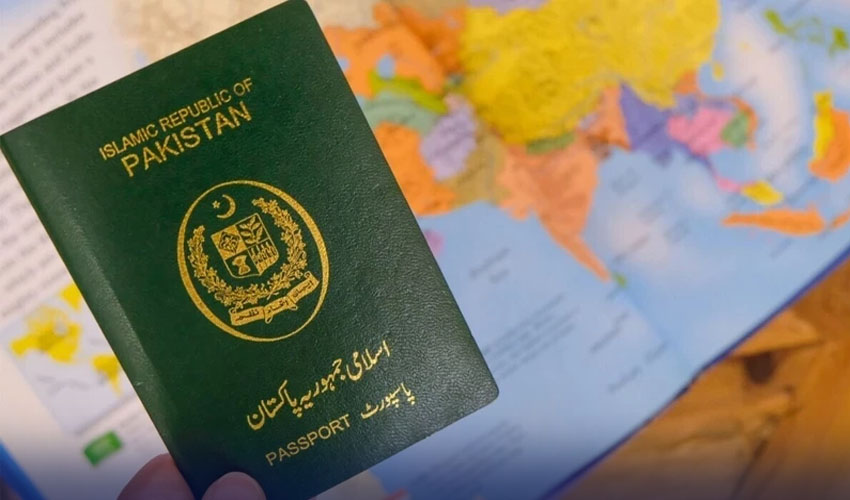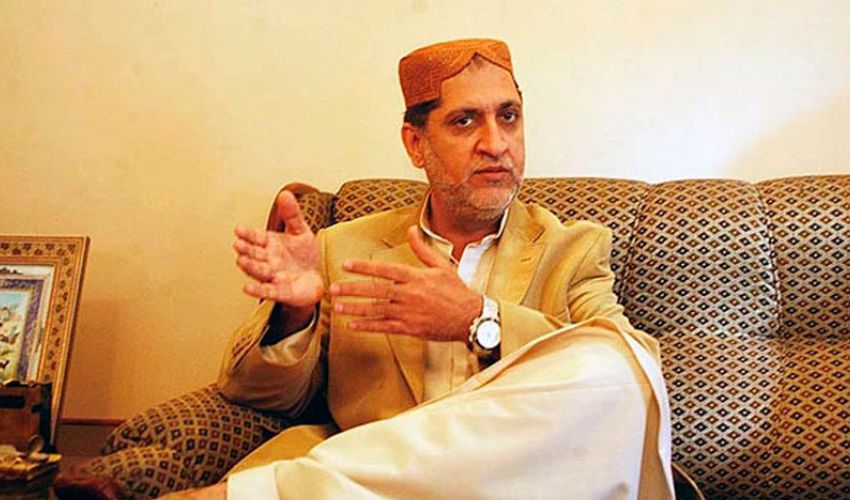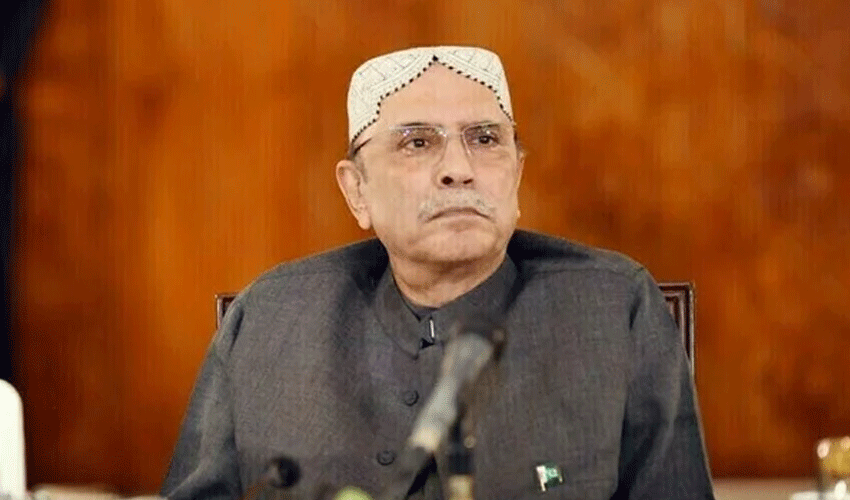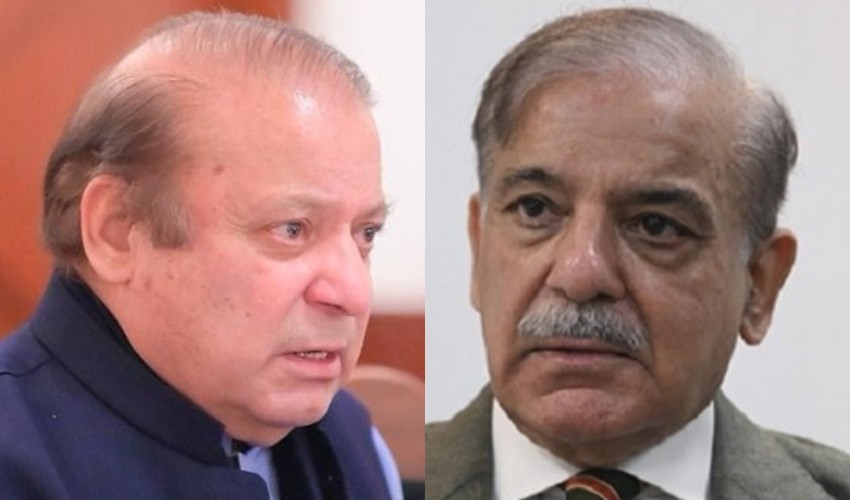The Henley Passport Index 2025 has revealed the latest rankings of the world’s most and least powerful passports, with Singapore once again securing the top spot.
The index, which compares the visa-free access of 199 passports to 227 destinations, underscores the growing gap in global mobility and highlights the stark contrast between the freedom of movement available to citizens of certain countries and others, particularly in the context of Pakistan’s ranking.
According to the index, the Singaporean passport remains the most powerful, providing visa-free access to 195 out of 227 destinations worldwide. In second place is Japan, offering visa-free travel to 193 destinations.
Following closely in third place are six countries, all of which are European Union (EU) members, including France, Germany, Italy, Spain, Finland, and South Korea, each granting access to 192 destinations without a visa.
For Pakistan, however, the news is less favorable. Ranking 103rd globally, Pakistani passport holders can travel to only 33 destinations without requiring a visa. This ranks Pakistan lower than countries like Bangladesh, Somalia, and even Palestine, according to the Henley Passport Index 2025. The stark contrast in rankings highlights Pakistan’s ongoing struggle in terms of global mobility.
Pakistan’s position on global index
Pakistan’s position in the Henley Passport Index has raised concerns about the country’s status in the international arena. Despite its significant geopolitical role, the limited visa-free access available to Pakistani passport holders reflects broader issues such as international relations, economic constraints, and the need for greater diplomatic engagement.
Pakistan shares the 103rd spot with countries like Yemen, which also offers limited travel freedom to its citizens. This limited access places Pakistan in a category far removed from the global mobility enjoyed by more developed and economically prosperous nations.
For comparison, India, Pakistan’s regional neighbor, fares somewhat better, ranked 85th with access to 57 destinations without a visa. While this still places India well behind the global powerhouses like Singapore or Japan, it is a more favorable position than Pakistan’s, and this gap highlights the challenges Pakistan faces in improving its global standing.
Regional comparisons
The mobility divide in South Asia is evident when comparing the passport rankings of neighboring countries. Afghanistan, a country plagued by political instability and conflict, ranks 106th, with visa-free access to only 26 destinations.
Pakistan’s ranking of 103rd is in the same vicinity, further indicating that South Asian nations continue to face significant obstacles in terms of international travel freedom.
While the region struggles with various economic and political challenges, Pakistan’s neighbors such as India and Bangladesh have shown gradual improvements in their passport rankings. Bangladesh, for example, ranks higher than Pakistan, providing its citizens with access to more visa-free destinations, reflecting a positive shift in the country’s international relations and mobility.
The Henley Passport Index is based on data from the International Air Transport Association (IATA) and serves as a reflection of the international standing of a country. It is not just about tourism or leisure travel; access to multiple global destinations signifies a country’s diplomatic relations, economic power, and global influence. Countries with higher rankings tend to have stronger international relationships and better trade, tourism, and business opportunities.
Pakistan’s ranking suggests a need for comprehensive foreign policy reforms and efforts to enhance its global standing. While passport rankings are often viewed as a reflection of a country's international relationships, they also highlight the practical implications for ordinary citizens, such as business opportunities and personal travel, all of which are currently limited for Pakistani passport holders.
What lies ahead for Pakistan’s global mobility?
Despite the challenges highlighted by the Henley Passport Index, there is hope for Pakistan in improving its passport ranking. A key factor will be fostering better diplomatic relationships, particularly with neighboring countries and regional powers. The Pakistani government could also focus on increasing its citizens' mobility by negotiating visa relaxation agreements and increasing the number of countries offering visa-free or visa-on-arrival access to Pakistani nationals.
Pakistan’s limited access to international destinations underlines the need for a reevaluation of its foreign policy, economic strategies, and diplomatic engagement. Enhancing the country’s position in global mobility will require a more outward-looking approach, fostering cooperation and establishing stronger ties with nations that offer visa-free access to a larger number of destinations.



























